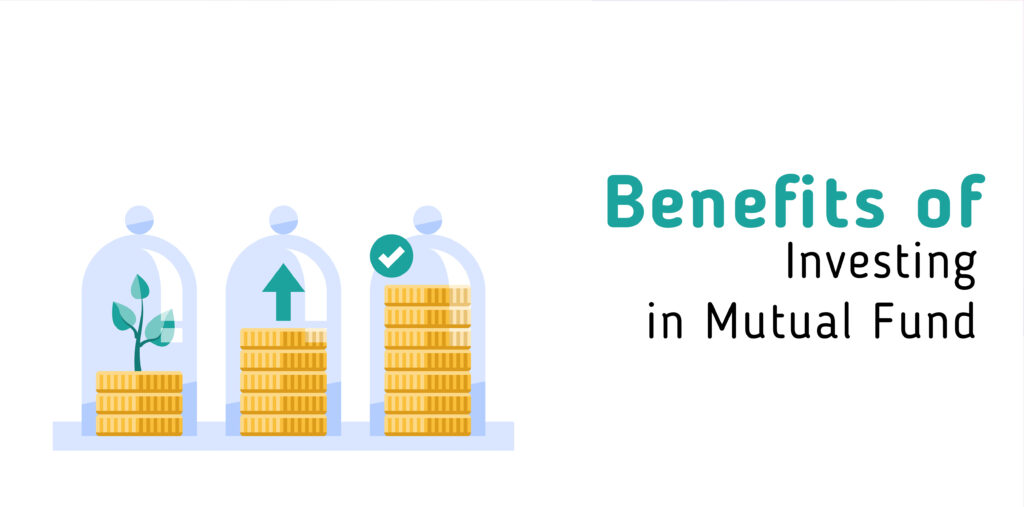When initiating to invest, investors tend to seek the best mutual funds to invest in, the top-performing mutual funds from a set period of time. But the question here is, should we actually invest in funds because they are performing best since the defined period? Are the best funds the right funds? Why do we forget that the performance varies for different investors with different risk appetites and other factors? On the contrary, does it means that the top and best performing funds are of no use? Well, they are merely informing about the fund’s performance. When one is investing, he/she needs to understand which fund suits his/her appetite. Choosing a mutual fund depends on multiple factors discussed ahead.
The time horizon of the investment is most vital when choosing a fund at the time of investment. If the time horizon is less than 3 years then debt funds are better because they do not fluctuate much and are less risky compared to equity funds. Hybrid funds are the best if the time frame of investment is between 3-5 years. And for the span of more than 5 years then equity funds are the best because the time period absorbs the volatility.
A risk-averse is comfortable with debt funds which are least risky with low returns. An investor with a medium appetite for risk can go with balanced funds. Any risk-taker can go with equity funds and the risk is paid off with the highest returns among all funds.
The age of a person and how far or close is he/she to retirement also determines the risk level of the person, deciding what type of fund should be chosen. A person in the early 20s can take more risks due to fewer responsibilities on their shoulders and can bear the loss if any. A person in the mid-’50s can’t afford to take a risk.
The market experience of an investor determines the choice of funds. A new entrant in the market will be scared of seeing even a 5% loss in comparison with a 10-year-old investor who will not panic with a 15% drop in the portfolio and will be willing to take the risk if required.
Let’s say the goal is a child’s education with early investments then risks can be taken by investing in equity funds. But if the investments are started just 3 years before the goal has to be achieved, one can’t take a risk and will have to stick to debt funds.






